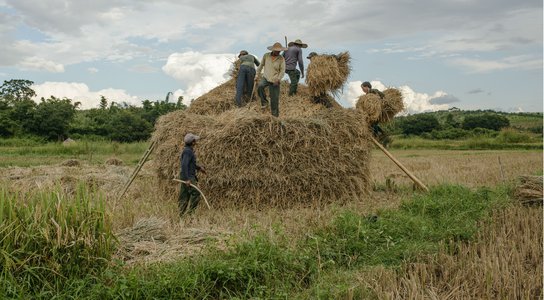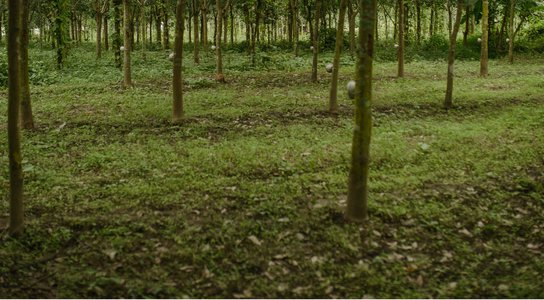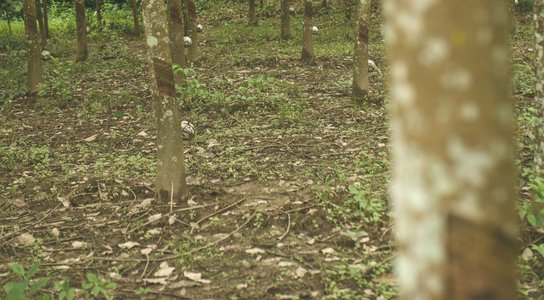A decision by Myanmar’s new government to ramp up efforts to tackle land grabbing is a positive step, but must address the role of the military in perpetuating the country’s land crisis, which is at the heart of one of the longest ongoing civil wars in modern history.
Shortly after Aung San Suu Kyi's National League for Democracy (NLD) won a landslide election victory in late 2015, the government announced that it would prioritise bringing an end to the prolific and violent spate of land seizures that blighted rural life in Myanmar during decades of military rule.
The NLD now appears to be putting this pledge into action. It has announced the formation of a new committee to investigate conflicts between communities and companies, and oversee the return of land to its rightful owners. The government is also suggesting a freeze on the sale of new land until disputes are settled – a move which will be welcomed by rural communities across the country. But while the role of government ministries, state-owned and private companies was mentioned, reference to the military was worryingly absent.
“For more than five decades Myanmar’s military junta has seized land and sold it to investors at a huge personal profit, leaving rural communities landless and often destitute,” said Ali Hines of Global Witness. “This is not simply a legacy issue – the military still wields considerable power on the ground and continues to grab yet more land from ethnic minority communities. The new government has set the right tone by encouraging a freeze on further land investments, but must ban all further land acquisitions – including by the military – if it is serious about preventing further conflict.”
By 2013, 5.3 million acres of land - 35 times the size of Myanmar’s capital Yangon - had been leased for agriculture, mostly to local crony companies with close connections to government and military officials. These land grabs have devastated livelihoods and fuelled further conflict in a country in the throes of one of the longest ongoing civil wars in living memory.
“Without land, and with little or no compensation for it, communities have struggled to make a living and feed their families. The threat of military force has meant that many have been scared to speak out, and many of those who do have met with attacks, incarceration or at worst, execution,” said Hines. “Access to land is at the heart of Myanmar’s civil conflict and must be addressed locally as well as nationally if we are to see peace and stability in the country anytime soon.”
Global Witness is calling on the government and the new Central Review Committee on Confiscated Farmlands to:
- Establish and enforce a ban on further land investments, including by the military, until sufficient environmental and social safeguards are in place
- Ensure that the new Central Review Committee investigates military land disputes as part of its mandate
- Provides the Committee with the necessary financial and administrative resources to sufficiently investigate land disputes, including decision-making powers
- Ensure that land dispute investigations are carried out transparently, with opportunities for civil society oversight, in order to reduce the risk of it being undermined by corruption
- Protect and collaborate closely with communities affected by land disputes, many of whom have suffered threats and harassment by the military for speaking out against land seizures.
For briefings or additional information please contact:
Ali Hines, Land Campaigner; [email protected]; + 44 (0)7738 712955
Alice Harrison, Communications Adviser; [email protected]; +44(0)7841 338792
/ ENDS
You might also like
-
Report Guns, Cronies and Crops
New Global Witness exposé: how Myanmar’s business, political and military cronies conspired to grab farmers’ land, leaving communities struggling to survive.
-
Briefing What Future for Rubber Production in Myanmar?
Myanmar is the latest target for the rubber industry, but instead of the government promoting much-needed investment in small-holder rubber farmers, private companies have been given priority to buy up large swathes of land for plantations.
-
Blog post The global rush for rubber: is Myanmar the ‘final frontier’?
Myanmar’s dictatorship may have been ousted, but its corruption remains entrenched and deals over land are particularly opaque. This is raising concerns that rubber might become Myanmar’s modern resource curse.